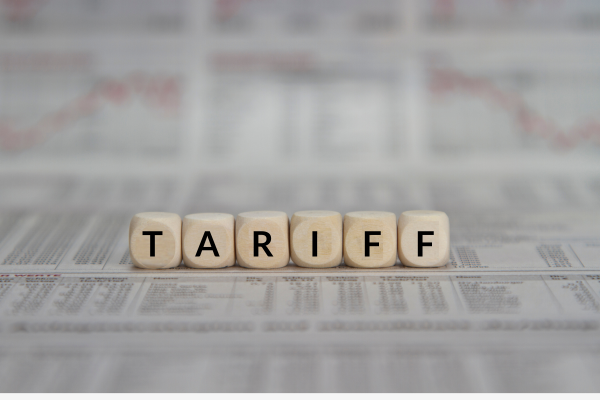BY:
SHARE:

If you are looking to start importing goods into the UK, it is essential to have a thorough understanding of the requirements and responsibilities associated with the process. One of the key elements is correctly declaring the goods coming into the UK, which is done by completing an Import entry.
An import entry is a legal declaration to HMRC, informing them of goods which have arrived in the UK. The entry can be raised by the importer or a Customs Agent (sometimes referred to as a Customs Broker) acting on behalf of the importer. The import entry is required to ensure that any goods arriving in the UK comply with UK laws, are not subject to any restrictions, and to recover any applicable Customs Duty and VAT.
To complete the declaration, the importer must have, or be able to provide, essential data, including the reason for import, EORI number, VAT number, classification of the goods, valuation, and origin. While some of this information can be found in the commercial paperwork, the importer must conduct their own due diligence to ensure it is correct for the Customs entry. Supporting documents, such as the commercial invoice, packing list, transport documents, and certificates/licenses, must be held by the importer. If the importer wishes to use a third party to carry out their Customs entry, they will need to provide the supporting documents and clearance instructions so the entry can be completed.
Import entries are declared electronically through HMRC’s Customs Declaration Service (CDS), which can be done directly through approved Customs software. When an entry is accepted, checks are completed by HMRC, which determines if further information is required; this could be additional documentary checks or a physical examination of the goods. Once all checks have been made, HMRC will request payment of any Duty and/or VAT. There are different methods of payment, but the goods will only be cleared by Customs once the funds have been recovered.
Finally, accurate information must be used on import entries; any discrepancies can lead to additional funds being required or, in severe cases, fines being imposed by HMRC.
OneCall™ Email assistance as and when required; A one-call solution for all your import, export and customs enquiries. Export help. Import help. Customs help.
Stay informed about customs and international trade matters by subscribing to our OneCall™ service. This comprehensive offering includes a dedicated email helpline for support, timely practical updates direct to your inbox (Did You Know?), monthly UK Customs & Trade Briefings and access to an interactive members' area with an exclusive community for our subscribers.
International Trade Updates & Spotlight Newsletter
Subscribe to our free information emails covering international trade topics...
MORE INDUSTRY INSIGHTS...











